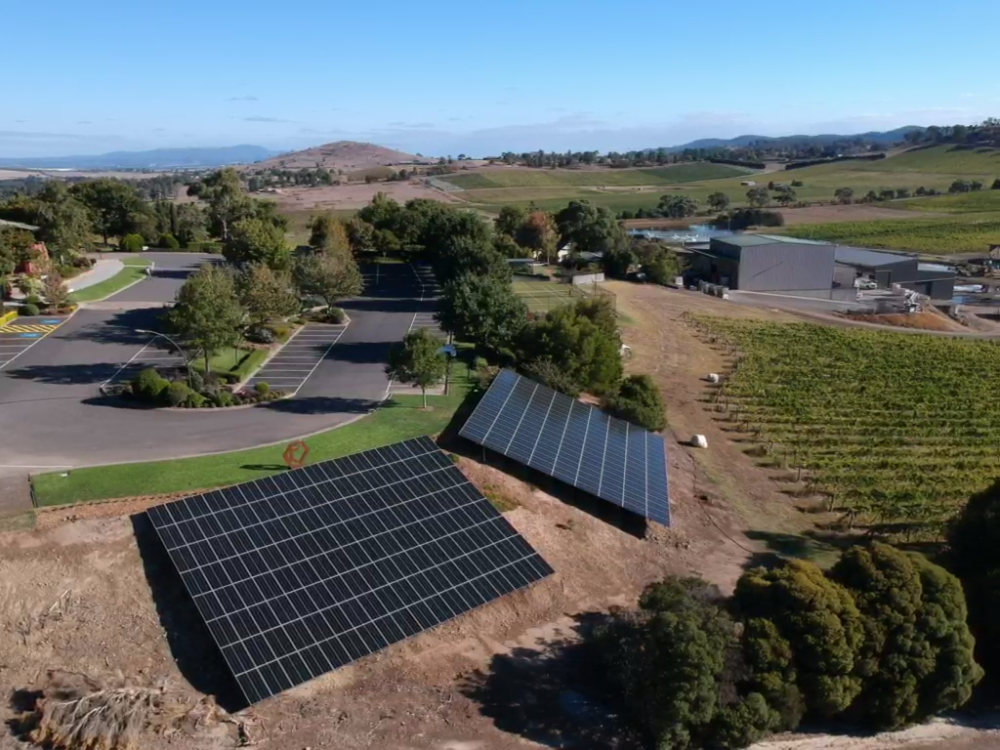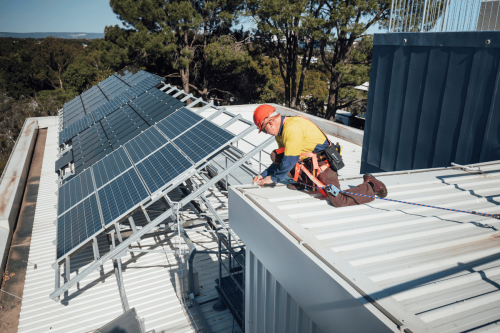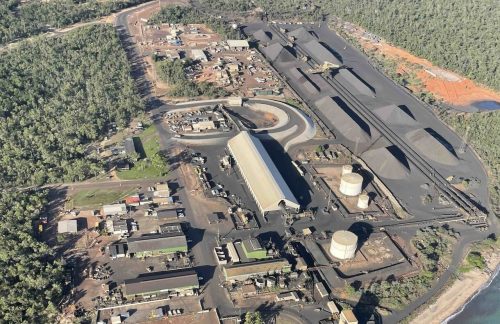Is your business affected by mandatory climate reporting? You might not fall under the three categories listed by the Australian government as a mandatory reporter, however you could still find your business affected if you’re part of a supply chain that includes big business.
Australia has introduced mandatory climate reporting to enhance corporate transparency and accountability regarding environmental impacts. This initiative aims to align with global standards and provide investors with consistent, comparable data on climate-related risks and opportunities.
While many businesses may not be required to report yet (or at all), there’s a strong possibility that many SMEs within the supply chain will be affected as large entities try to track and reduce their Scope 3 emissions.
In this article, we’ll break down how your business can get started on tracking your emissions, how to set realistic reduction targets, and what technologies exist that can help you reduce your emissions while saving up to 60% off your annual energy bill.
Mandatory climate related financial disclosure is just around the corner, and it pays to be prepared.
Contents
What businesses are required to report?
Businesses required to report under this new scheme include large corporations, financial institutions, and publicly listed companies.
The reporting requirements are being implemented in phases:
- Group 1: Entities meeting at least two of the following criteria—$500 million or more in consolidated revenue, $1 billion or more in gross assets, or 500 or more employees—must begin reporting from 1 January 2025.
- Group 2: Entities with at least two of the following—$200 million or more in revenue, $500 million or more in assets, or 250 or more employees—will commence reporting from 1 July 2026.
- Group 3: Entities with at least two of the following—$50 million or more in revenue, $25 million or more in assets, or 100 or more employees—will start reporting from 1 July 2027.
Approximately 6,000 entities are expected to be directly affected by these requirements. Find out more here.

Reporting deadlines and content
Organisations that are required to report must disclose their strategies for reducing emissions and managing climate-related impacts, including:
- Governance: Oversight of climate-related risks and opportunities.
- Strategy: Actual and potential impacts on the business.
- Risk management: Processes for identifying and managing climate-related risks.
- Metrics and targets: A clear summary of greenhouse gas emissions as well as details of direct emissions (Scope 1), indirect emissions from energy consumption (Scope 2), and other indirect emissions related to business activities (Scope 3).
Reports are to be submitted annually, aligning with the financial reporting calendar.
Your business might be indirectly affected
Australia has over 2.5 million small and medium-sized enterprises (SMEs). While most SMEs are not directly subject to mandatory reporting, they may be asked by larger clients to provide emissions data to help meet their reporting obligations.
If your clients or suppliers are obligated to report their Scope 3 emissions (indirect emissions related to their value chain), your business performance could significantly influence their climate reports. Your customers could request specific data from you to accurately report their emissions.
This may affect whether they choose you to work with… or go with another business with better sustainability credentials.
Businesses capable of providing detailed emissions data and demonstrating active efforts in reducing their environmental impact may gain a competitive edge. Transparent and proactive sustainability practices can make your business more attractive to clients and suppliers, helping maintain and potentially expand your market share.
Mandatory climate reporting is not merely a compliance obligation—it is an opportunity for businesses to innovate, reduce costs, and enhance their market position by demonstrating responsible environmental management.

Setting a baseline – measuring and quantifying your emissions
Are you currently measuring your environmental performance? Mandatory climate reporting makes it essential for businesses to understand their current emission levels. Setting clear targets to reduce emissions begins with accurately assessing your current environmental impact. Without knowing your baseline, it’s challenging to develop meaningful and achievable targets.
An energy audit from Acacia Energy can assist in establishing this baseline for your energy consumption. An audit analyses your energy consumption patterns over an entire year, providing valuable insights into your business’s energy use and guiding you toward effective emission reduction strategies.
By accurately measuring your environmental performance, your organisation can confidently report emissions data and develop realistic, impactful strategies for sustainability improvements.
Reducing your emissions using renewable energy technologies
Reducing emissions through renewable energy technologies doesn’t just benefit the environment; it can also put profit back into your business. Acacia Energy has worked with clients who have seen energy bill reductions of up to 60%, proving that emission reduction can also reduce operating costs.
Starting with an energy audit gives your business a clear roadmap for reducing emissions by evaluating your annual energy usage and modelling potential renewable energy solutions suited to your specific needs.

Renewable energy opportunities available include solar power installations, battery storage solutions, and bio-fuel generators. Technologies such as the Optimisation and Bid Engine (OBE) Platform from Acacia Energy can automatically monitor energy prices. This system strategically deploys renewable energy assets like battery storage and generators when energy prices are lowest, maximising both environmental and financial returns.
The best part? The technology now exists to monitor your emissions and energy savings in real time, making it simple to pull data for end of year reporting. Implementing technology that measures and tracks emissions in real time ensures accuracy in your mandatory climate reporting and makes annual submissions straightforward and reliable.
Don’t wait until reporting is due. Get started today!
Mandatory climate reporting might seem daunting, but there are steps your business can take to get ahead. Contact Acacia Energy to get started with your energy audit and get the transparency you need for proactive emissions reporting and reductions.


